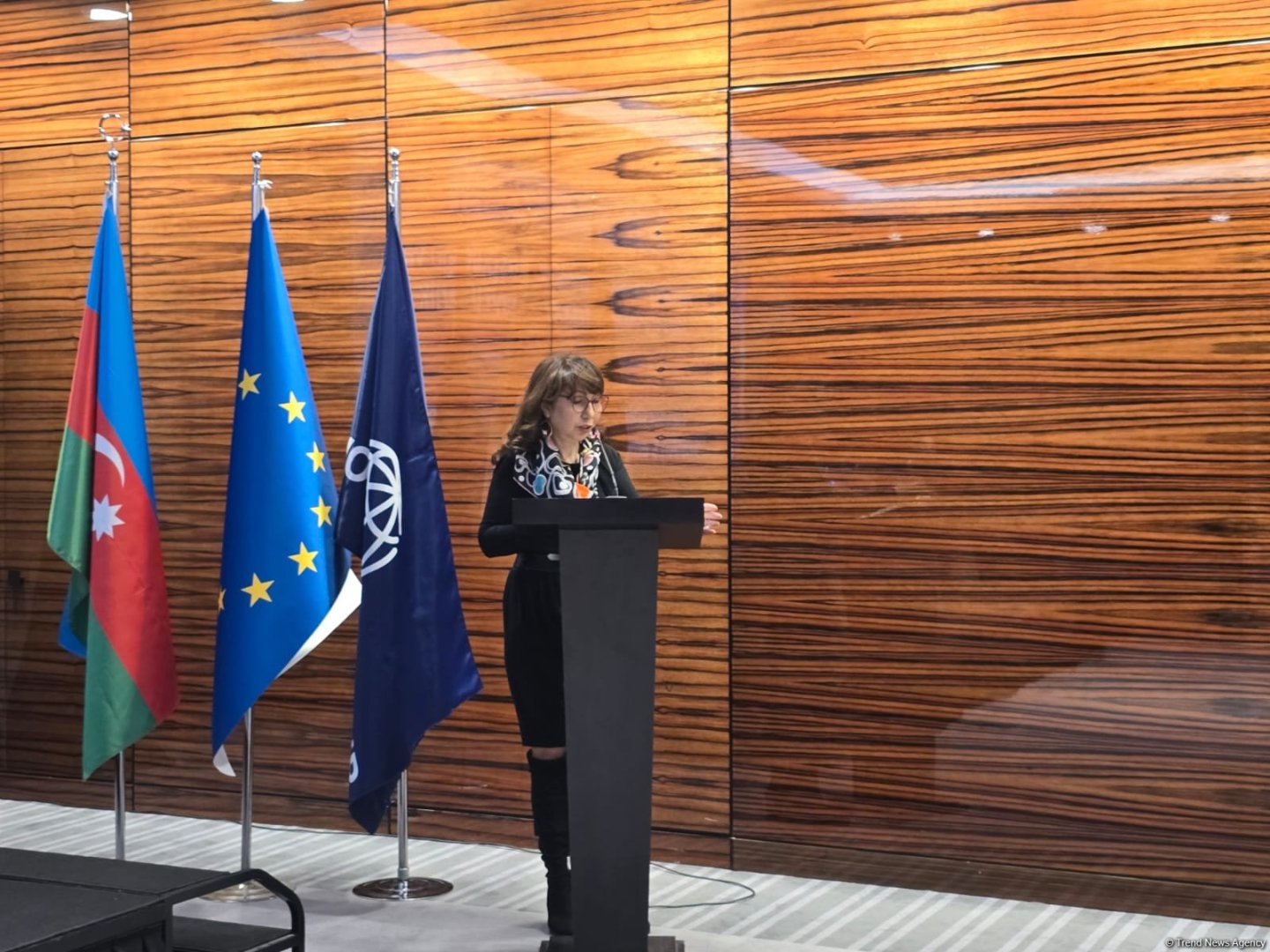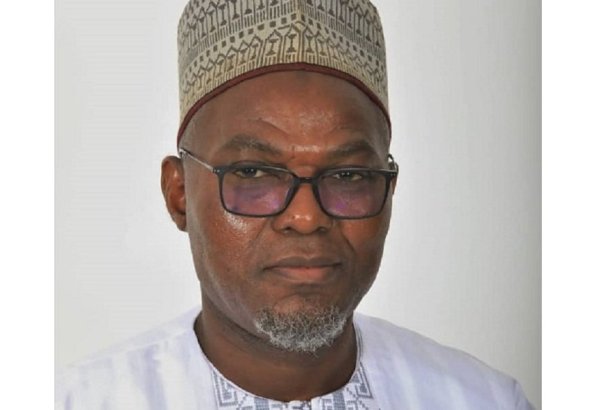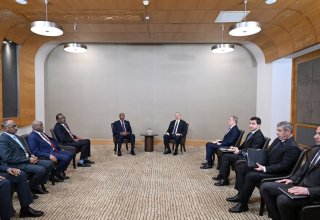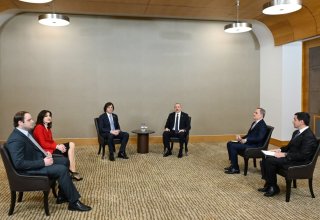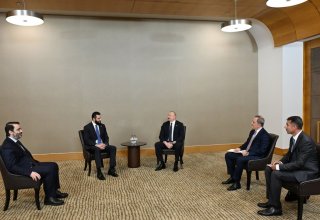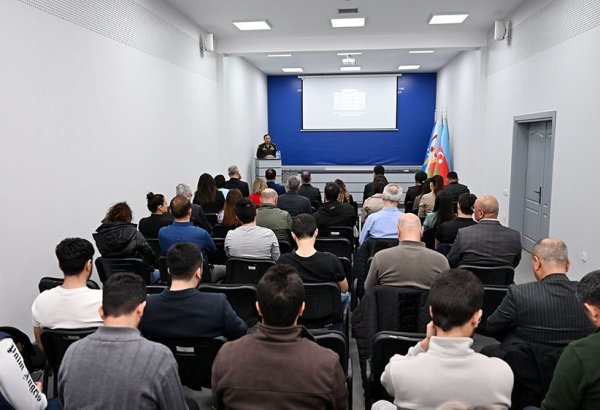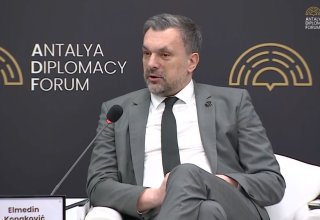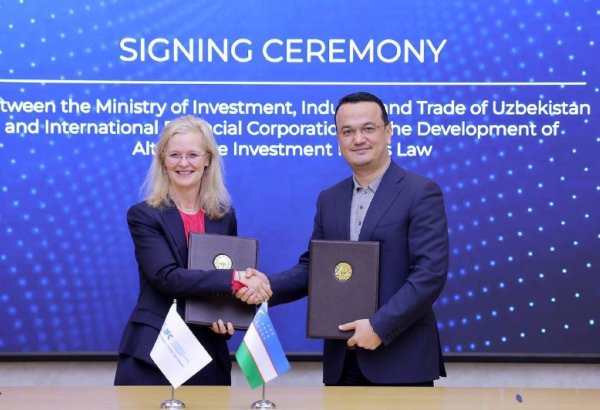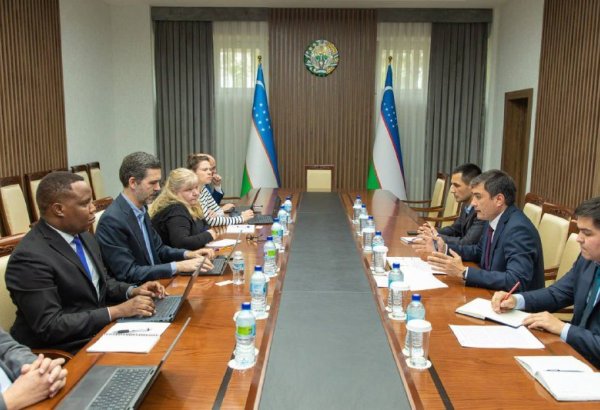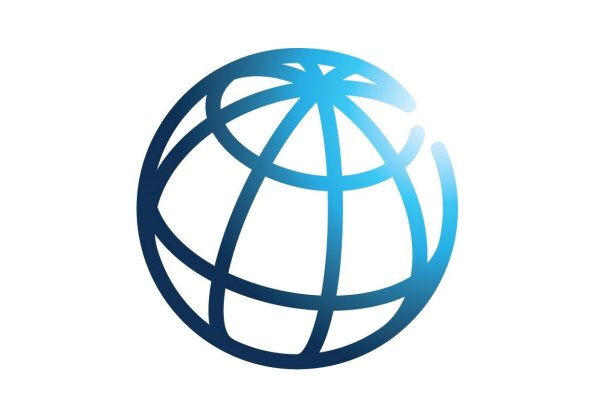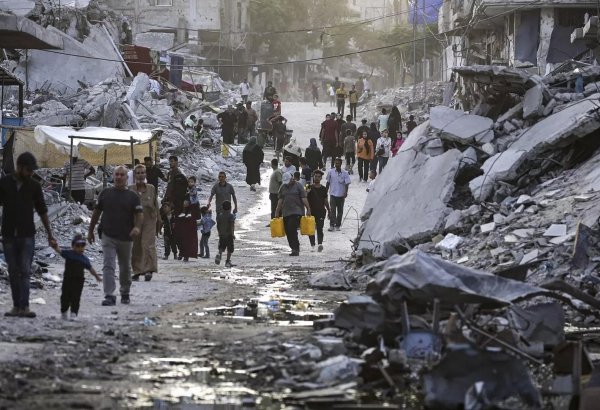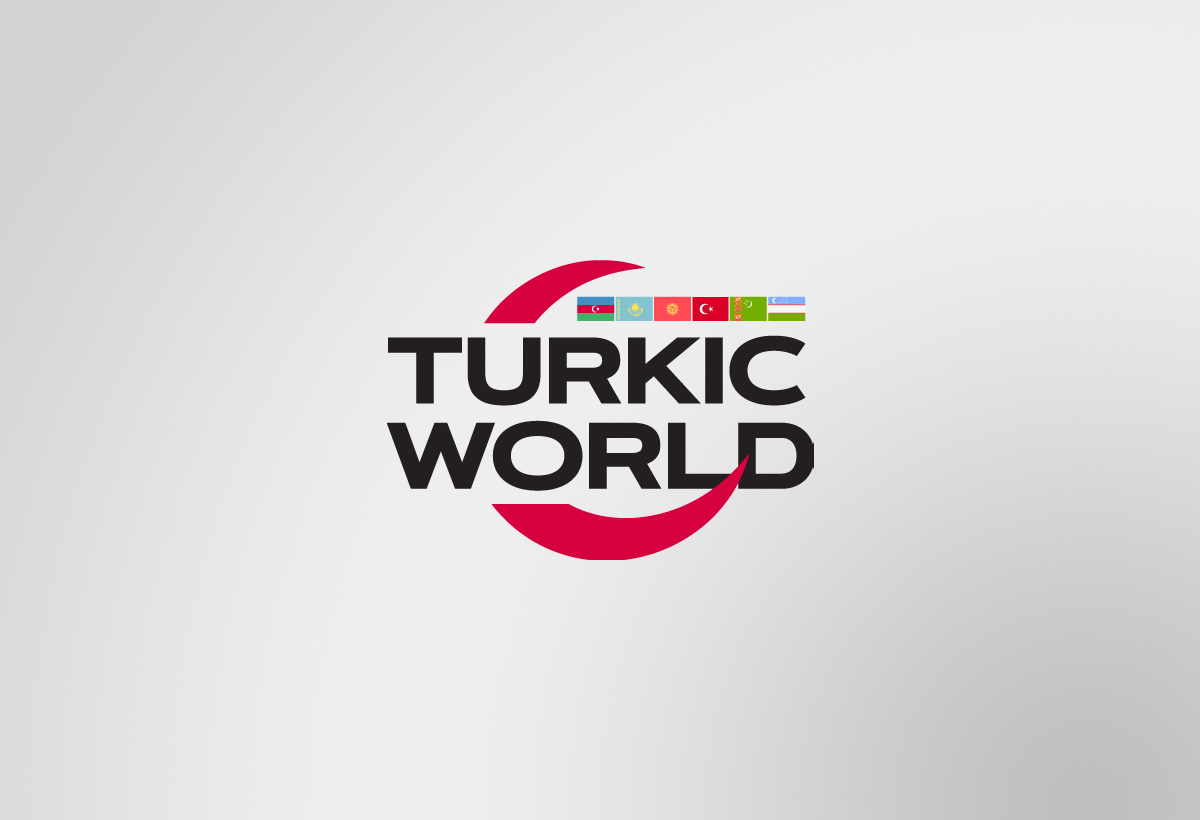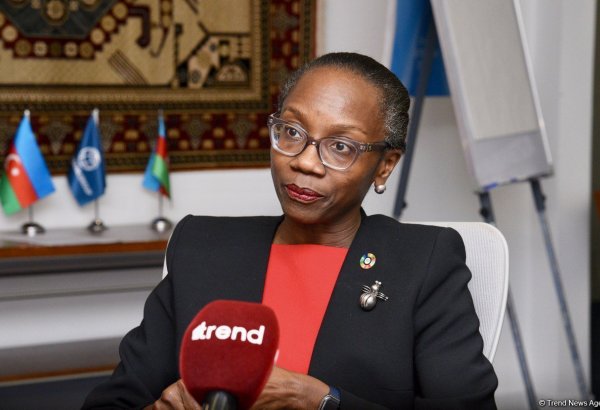BAKU, Azerbaijan, December 11. Gender equality is not only ethically significant but also a crucial element in ensuring economic development, Chief Operations Specialist of the World Bank (WB) Representative Office in Azerbaijan Saida Baghirli said at an event on "Leadership excellence in advancing women's employment and career growth in Azerbaijan" today, TurkicWorld reports.
She believes that women are few and far between in leadership and technical roles within these vital sectors, leading to a hefty gender pay gap.
"It is essential to address and deliberate on gender issues throughout the nation. Notwithstanding Azerbaijan's endeavors in this domain, we continue to encounter some problems.
The average monthly salary of women in Azerbaijan is nearly 35 percent lower than that of men.
Azerbaijan has implemented some definitive measures to surmount these obstacles. At the conclusion of 2022, aided by analytical efforts from the World Bank, Azerbaijan eliminated gender-based legal constraints on women's employment. In 2023, the nation abolished prohibitions on women's night-shift employment," she emphasized.
Baghirli also highlighted that in Azerbaijan, women account for 17 percent of the workforce in the transportation and warehousing sectors, 11 percent in energy, and 8 percent in construction.
"The WB supported these improvements through the Gender Advisory Services Program, implemented under the Azerbaijan Technical Assistance Facility (AZTAF) Program, funded by the European Union (EU)," she added.
To note, the event on "Leadership excellence in advancing women's employment and career growth in Azerbaijan" features participation from WB Manager for Azerbaijan, Stefanie Stallmeister, Head of Communications at Azerbaijan Railways; Aybeniz Ismayilova, Lead Specialist at the Human Resources Department of Baku Port; Nurana Muradova, WB Senior Gender Advisor; Shamsia Mustafayeva; and others.
The event showcases the key results of a gender assessment conducted at Baku Port and Azerbaijan Railways, achievements in increasing women's employment in various Azerbaijani companies, and introduces an online course on workplace health and safety developed by the World Bank in Azerbaijan.








